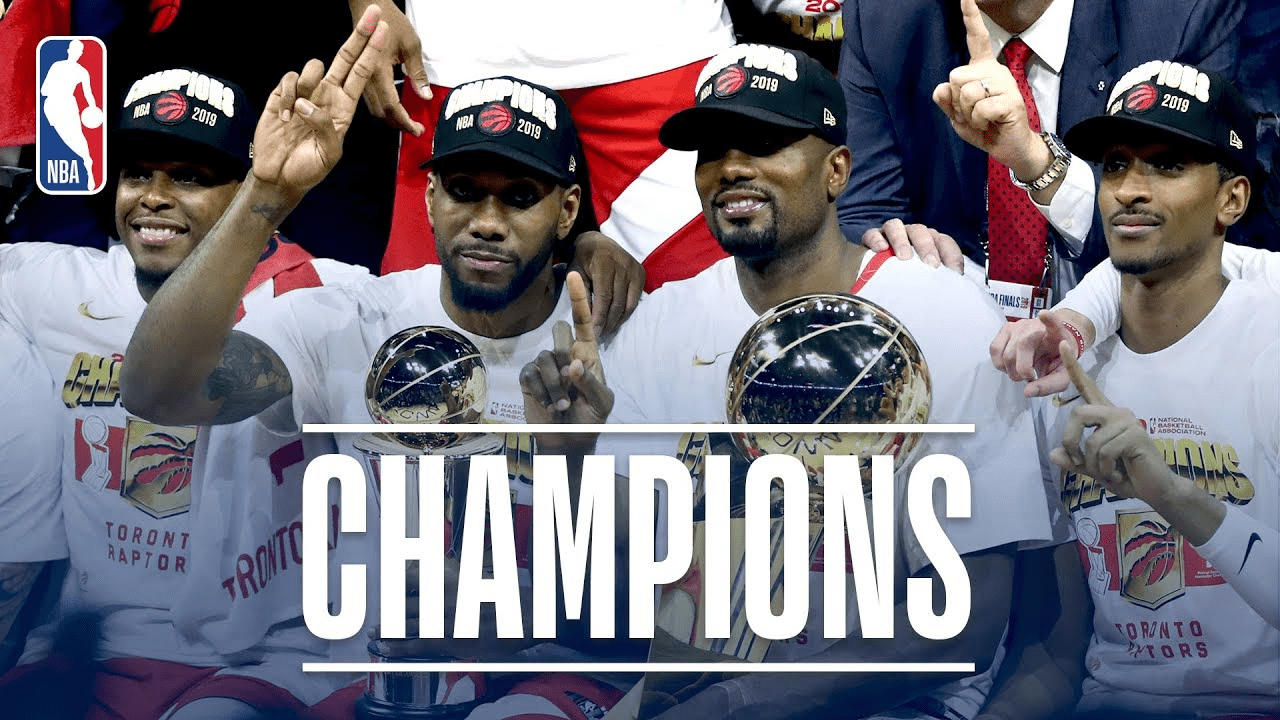A skill performed in a stable, predictable environment, like shooting a free throw in an empty gym.
Closed skill
The type of practice where a single skill is repeated over and over again, like shooting 50 free throws in a row.
Blocked practice
This principle of training states that in order to improve, athletes must work their body harder than it is accustomed to working.
overload principle
The body's energy "currency," which must be constantly regenerated for muscle contractions to occur.
ATP (adenosine triphosphate)
The number of BC Championships won by Collingwood in 2024-25
A movement that uses large muscle groups,
gross motor skill
This type of feedback gives the athlete specific instructions on how to correct a movement, such as "snap your wrist more on the follow-through."
prescriptive feedback
A training method involving explosive movements like box jumps or medicine ball throws, designed to increase power.
Plyometrics
A side-lunge or a cartwheel primarily occurs in this anatomical plane that divides the body into front and back halves.
frontal plane
This soccer player from Burnaby, BC, is the all-time leading international goal scorer
Christine Sinclair
The theory that suggests motor skills are learned through the dynamic interaction between the individual, the task, and the environment.
Ecological Dynamics
Feedback that describes what happened without offering a solution, such as "Your follow-through on that golf swing was too short."
descriptive feedback
A training method that involves short, intense bursts of exercise followed by brief recovery periods
HIIT
During an 800-meter race, this is the primary energy system used, which results in the accumulation of lactate.
anaerobic glycolytic (or lactic acid) system
A perfect score in the sport of bowling is how many points
300
A dart throw is considered this type of skill because the performer controls the start and the speed of the movement.
Self-paced skill
Name three things that, according to the "10 Habits of Highly Effective Coaches" that a highly effective coach does.
Make training more challenging and more demanding than the competition
Learn and develop as a coach at a faster rate than athletes.
Accelerate learning faster than opposition.
Be creative
Coach individuals
Ensures athletes out prepare opposition
Be adaptable
"Performance Practice" vs just practice
Coach the human (not just the athlete)
The principle stating that as you become more fit, the rate of your improvements will slow down.
principle of diminishing returns
This biomechanical principle explains why it's harder to start pushing a heavy sled than it is to keep it moving.
Inertia
The term for winning the Australian Open, French Open, Wimbledon, and US Open in the same calendar year.
Grand Slam
This theory for skill acquisition focuses on the internal cognitive processes within an individual and often 'disagrees' with the Ecological Dynamics Theory.
Information Processing Theory
The three types of coaching knowledge are professional, interpersonal, and this one, which relates to a coach's self-awareness.
intrapersonal knowledge.
An increase in muscle size as a result of resistance training.
Hypertrophy
The movement of increasing the angle of a joint, like when you stand up from a squat.
extension
Who and what year did the the last Canadian team win a major North American professional league (not including CFL): Leagues included: NHL, PWHL, MLB, NBA, WNBA, MLS.
Toronto Raptors - 2019 NBA Championship 